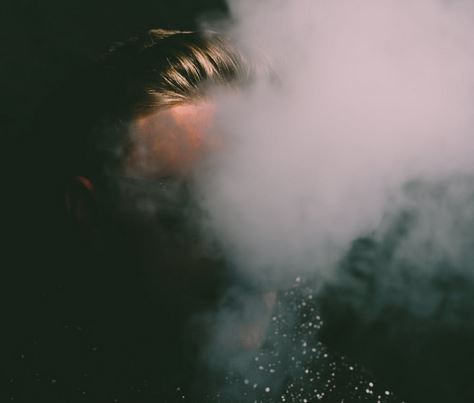
Updated September 11, 2019 based on article by Ryan Blethen of the Seattle Times.
Our local Department of Public Health reported today that a King County teenager is the first person in Washington State to be diagnosed with a serious lung diseases connected with vaping, according to the Center for Disease Control & Prevention (CDC) probable or confirmed case definition. The teenager was hospitalized for five days in August for fever, cough and shortness of breath, and is now thankfully recovering.
The CDC describes the case definition as part of its process:
CDC worked with states to create a case definition to classify cases in a consistent way. State investigators determine if cases are confirmed or probable after examining the medical records of suspected cases and consulting with the clinical care team to exclude other possible causes. Unlike nationally reportable conditions, these cases are requiring clinicians and public health to interview patients to determine product use and individual behaviors.
Dr. Jeff Duchin, health officer at Public Health — Seattle & King County reports that one in four high school seniors in King County has reported using an e-cigarette in the past 90 days.
That is an alarming statistic, and one that suggests e-cigarette manufacturers’ advertising as a safe alternative to smoking has been effective—with awful consequences.
Contact us here or email Andrew Ackley with any questions about vaping cases.
Begin original article:
Many people choose vaping “e-cigarettes” believing it is a safer alternative to smoking and the long term risk of lung cancer. But some vaping products around the country are leading to a quick and deadly lung illness.
The U.S. Food and Drug Administration (FDA) is still in the early stages of research, but investigators have found a key focus in vitamin E acetate. This seemingly harmless chemical is often included in topical skin treatments and vitamin supplements. But when heated to vaporize and then cooled down in your lungs, it may coat your lungs with oil.
Respiratory symptoms can include cough, shortness of breath and chest pain.
For more information about the current state of research and investigation, see this article by the Washington Post and this one by CNN.
We are currently accepting these cases for investigation as potential dangerous product claims.